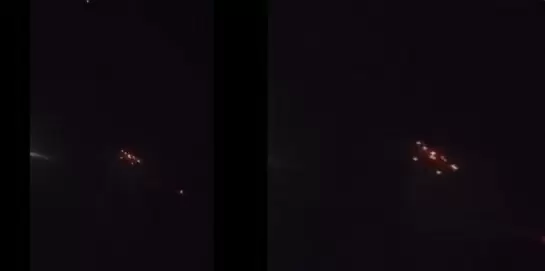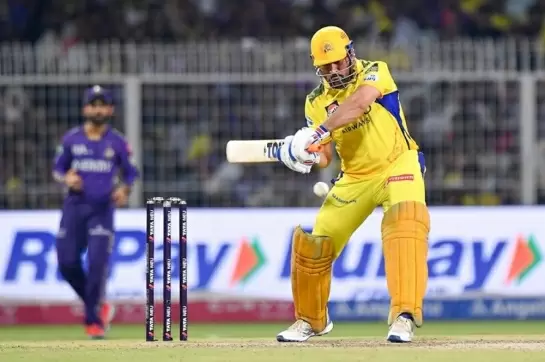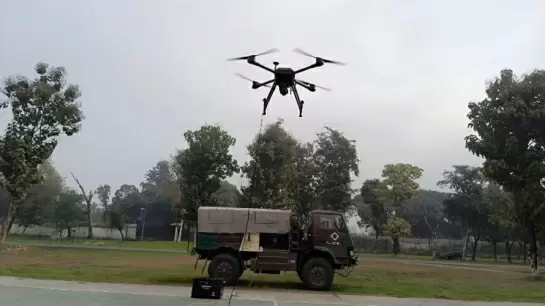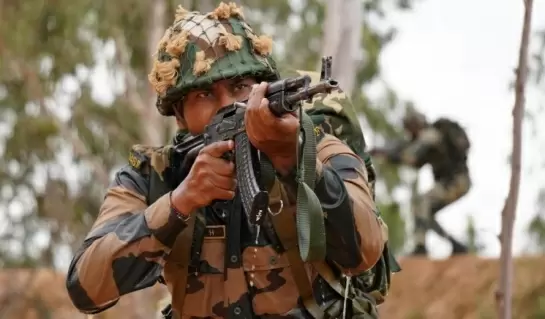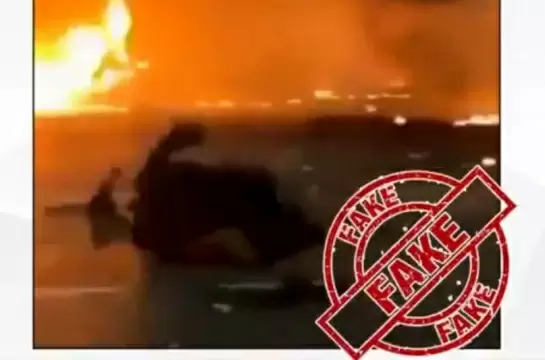No justice for Tamils in Sri Lanka: Human Rights Watch
25-January-2012
Vol 3 | Issue 3
The Sri Lankan government has failed to advance justice and accountability for victims of the country's 25-year-old armed conflict, Human Rights Watch said Monday.
While Sri Lanka's war-ravaged north and east became more open after the Tamil Tigers were crushed, the government had deepened repression of basic freedoms throughout the country, it said in its World Report.
.webp) |
|
This placard designed by Save Tamils Movement shows the place assigned for Mahinda Rajapaksa in history
|
The government of President Mahinda Rajapaksa continued to stall on accountability for abuses by the security forces, threatened media and civil society groups, and largely ignored complaints of insecurity and land grabbing in the north and east, Human Rights Watch said.
The long-awaited report of the Lessons Learnt and Reconciliation Commission (LLRC), published in December, largely absolved the military for its conduct in the final months of the war against the Liberation Tigers of Tamil Eelam (LTTE). The war ended in May 2009.
"In 2011, accountability remained a dead issue, the media faced increasing censorship, and the long-standing grievances which led to the conflict were not seriously addressed," said Brad Adams, the group's Asia director.
"Sri Lankans face a lack of justice, weak rule of law, land grabbing, and a censored media from a government that is increasingly authoritarian."
In its 676-page report, Human Rights Watch assessed progress on human rights during the past year in more than 90 countries, including popular uprisings in the Arab world that few would have imagined.
The Sri Lankan government's failure to hold perpetrators of abuses accountable remained a key issue throughout the year, it said.
No one was prosecuted for atrocities committed during the conflict with the LTTE. The government ignored the findings of a Panel of Experts report, commissioned by UN Secretary-General Ban Ki-moon.
The panel found rampant abuses by both government forces and the LTTE, and called for an independent international mechanism to investigate laws-of-war violations.
The government insisted instead that its LLRC would be the mechanism to address wartime abuses, though the mandate, composition and procedures of the commission were deeply flawed.
The LLRC effectively exonerated government forces for laws-of-war violations, rehashed long-standing recommendations, and took no concrete steps to advance accountability.
Sarath Fonseka, the former army commander who challenged Rajapaksa during the 2010 presidential election, was sentenced to an additional three years in prison after his current sentence expires in January 2012.
"As the Rajapaksa government has strengthened its grip politically, basic rights protections in the country have deteriorated," Adams said. - IANS
Just in
Sri Lankan products taken off shelves in Chennai stores
Also Read
Exclusive: Inside Sri Lanka










